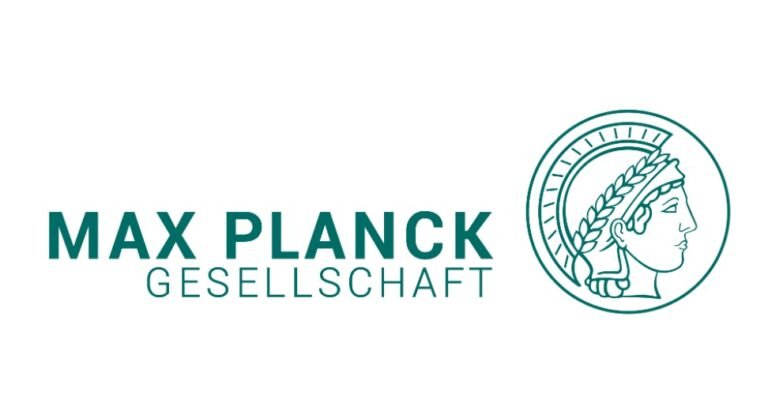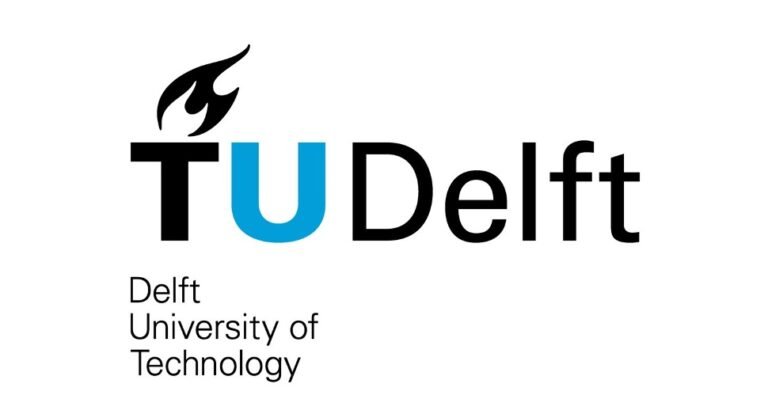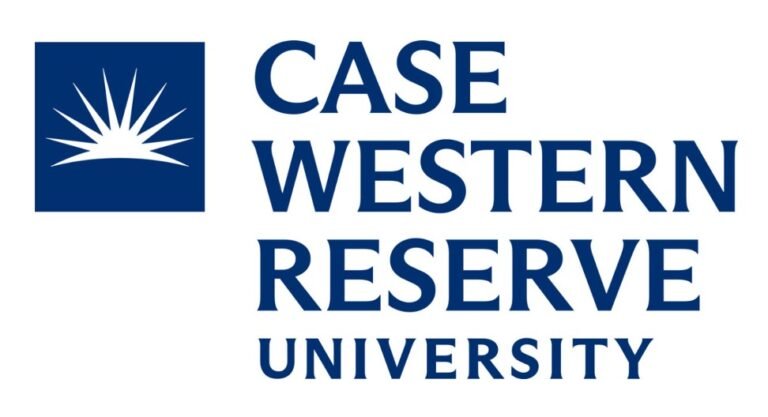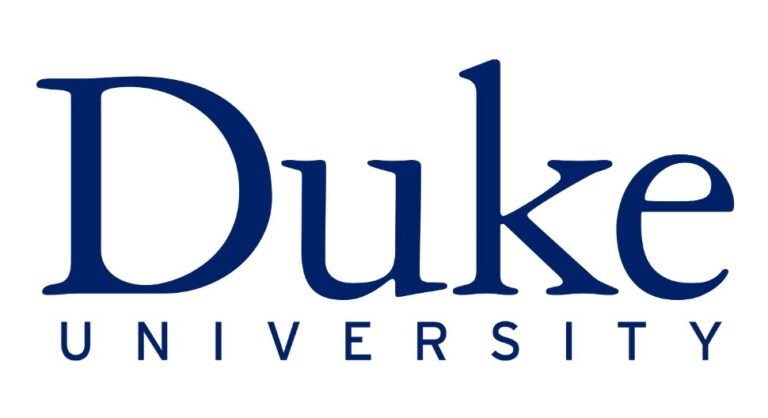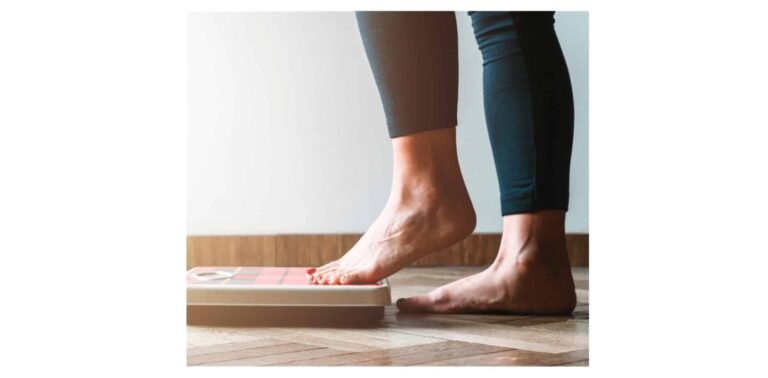Starting with March, 1st 2025 the Chiral Optoelectronics Lab at the Max Planck Institute for Microstructure Physics in Halle, Germany, is seeking a motivated Postdoctoral Researcher to join the ERC-funded project FastE-Chiral. We are looking for candidates with expertise in the development of functional organic semiconductor materials and/or chiral functional materials.
FastE-Chiral aims to develop novel organic optoelectronic devices capable of precise generation, detection, and modulation of chiral light signals, by leveraging cutting-edge advancements in materials science and optoelectronic technologies. The project brings together material synthesis, thin-film processing, device fabrication, and characterization in a highly interdisciplinary environment. This collaborative setting offers numerous opportunities for both technical and scientific partnerships with fellow researchers, enhancing your career prospects in both academia and industry.
Chirality science spans multiple disciplines, including chemistry, physics, and materials science. As such, we particularly encourage junior scientists with expertise in one of these areas and a willingness to explore new fields to apply for this position.
Your tasks
- Lead the development of novel chiral molecules for organic semiconductor applications, including chemical synthesis and thin-film processing.
- Perform photophysical characterization at both the molecular level and in thin films.
- Collaborate closely with other members of the ERC team to advance the development of functional chiral optoelectronic devices.
- Contribute your expertise to the design of novel strategies for both chiral and non-chiral organic semiconductors.
- Disseminate your experimental findings through publications in scientific journals and oral presentations at international conferences and workshops.
Your profile
Necessary Criteria (You must fulfill all of the following):
- A Ph.D. in organic chemistry, materials science, or a related field by the appointment date.
- Strong expertise and experience in the chemical synthesis of organic materials for light-emitting applications, preferably (but not limited to) thermally activated delayed fluorescent (TADF) materials.
- An understanding of the basic design and working principles of organic light-emitting devices, including the use of chemical methods to adjust photophysical properties of materials, such as emission spectra, energy levels, etc.
- An understanding of chiral materials and the experience of using (chiral) HPLC.
- Ability to work in a results-driven environment with a focus on device applications, typically under set deadlines.
- A strong willingness to work in a multicultural environment.
- Good communication and presentation skills in English for both general audiences and scientists.
- Proficiency in English scientific writing, including but not limited to the preparation of scientific journal articles.
Desirable Criteria (Three or more of the following):
- Experience with or a good understanding of the operation of organic semiconductor devices, such as light-emitting diodes, photovoltaics, or photodiodes.
- Experience with or a good understanding of chiral optical spectroscopies, including circular dichroism, photoluminescence.
- Willingness to, and/or experience in, supervising Master’s or Ph.D. students.
- Professional experience with OLED materials, either in industry or through industrial collaborations.
- Experience in drafting and applying for research grants.
We offer
- Access to state-of-the-art lab facilities for organic synthesis, spectroscopic characterization, device fabrication, and testing.
- Opportunities for professional growth, networking, and international collaboration.
- A supportive and stimulating work environment within a globally renowned research institution.
- Remuneration based on the German public service wage agreement (TVoeD-Bund), level 13, which includes comprehensive healthcare coverage and other social benefits.
The Max Planck Institute of Microstructure Physics gives priority to applications from severely disabled candidates with equivalent qualifications. Furthermore, we strive to increase the proportion of female employees and therefore specifically encourage women to apply.
For more details and informal enquiries, please contact Dr. Li Wan (li.wan@mpi-halle.mpg.de). Please send your application including:
- a cover letter,
- your CV, including a publication list (please highlight three of your most significant publications, each accompanied by a 300-word narrative explaining your contribution and the novelty of the work),
- a person specification checklist clearly demonstrating how you meet the necessary and desirable criteria for the job,
- contact details of two scientists who can provide references. If you have no prior postdoctoral experience, one referee must be your PhD supervisor
until December 31st, 2024 to Dr. Li Wan (li.wan@mpi-halle.mpg.de).
